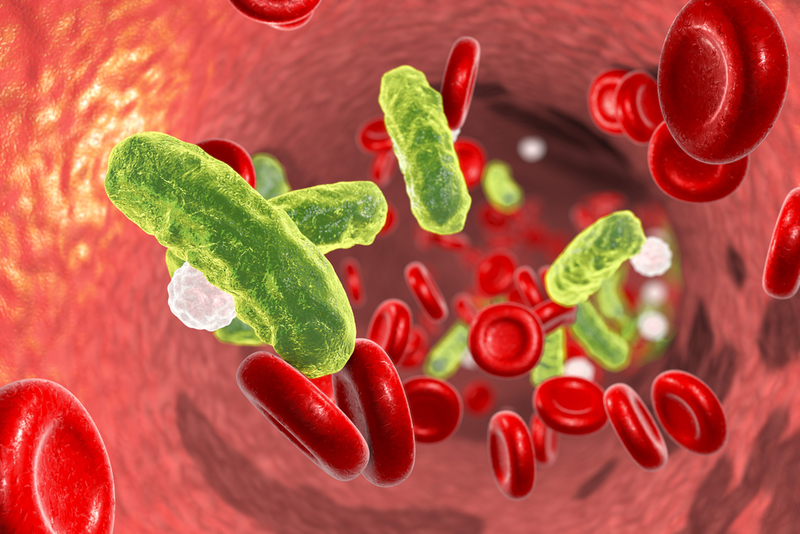Sepsis subtypes identified, different remedies stressed
IANS May 21, 2019
Sepsis is not a single syndrome but multiple distinct conditions much like cancer, suggest researchers.

Sepsis is a life-threatening condition when the body's response to an infection damages its own tissues and organs. The disease accounts for over 6 million global deaths annually. A new study, by a team of researchers from University of Pittsburgh in the US, stresses the need of testing more therapies for the treatment of different types of sepsis.
"For over a decade, there have been no major breakthroughs in the treatment of sepsis; the largest improvements we've seen involve the enforcing of 'one-size fits all' protocols for prompt treatment," said lead author Christopher Seymour, Associate Professor at University of Pittsburgh.
"But these protocols ignore that all sepsis patients are not the same. For a condition that kills over 6 million people annually, that's unacceptable. Hopefully, by seeing sepsis as several distinct conditions with varying clinical characteristics, we can discover and test therapies precisely tailored to the type of sepsis each patient has," Seymour remarked.
For the study, published in Journal of the American Medical Association, researchers used computer algorithms to analyse 29 clinical variables found in the electronic health records of over 20,000 patients.
They noted that the algorithm clustered the patients into four different sepsis types, described as -- Alpha (most common type (33 per cent), patients with least organ dysfunction and lowest in-hospital death rate at 2 per cent; Beta: older patients, comprising 27 per cent, with the most chronic illnesses and kidney dysfunction; Gamma: similar frequency as beta, but with elevated measures of inflammation and primarily pulmonary dysfunction; and Delta: least common (13 per cent), but most deadly type, often with liver dysfunction and shock, and the highest in-hospital death rate at 32 per cent.
"Intuitively, this makes sense -- you wouldn't give all breast cancer patients the same treatment. Some breast cancers are more invasive and must be treated aggressively," said senior author Derek Angus, Professor at the University.
"The next step is to do the same for sepsis that we have for cancer -- find therapies that apply to the specific types of sepsis and then design new clinical trials to test them," Angus said.
-
Exclusive Write-ups & Webinars by KOLs
-
Daily Quiz by specialty
-
Paid Market Research Surveys
-
Case discussions, News & Journals' summaries